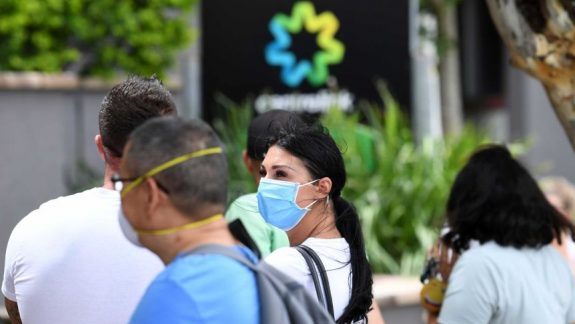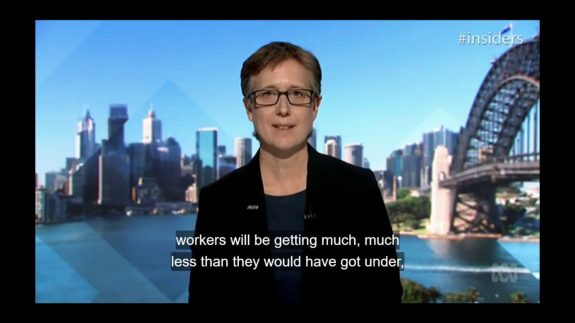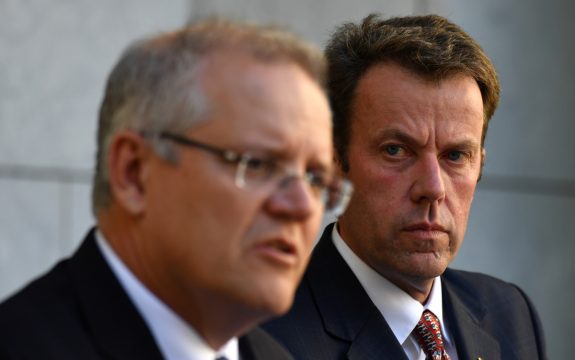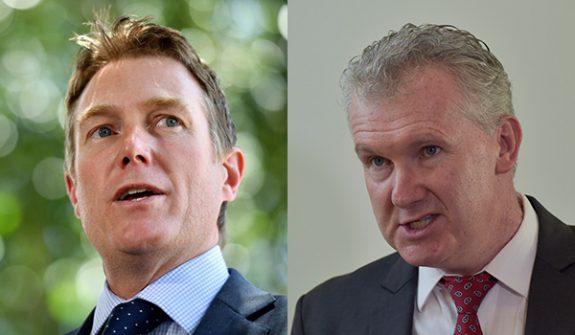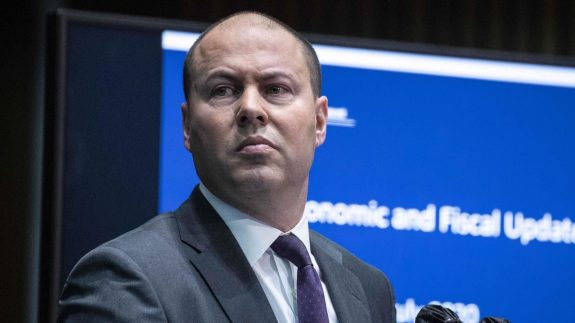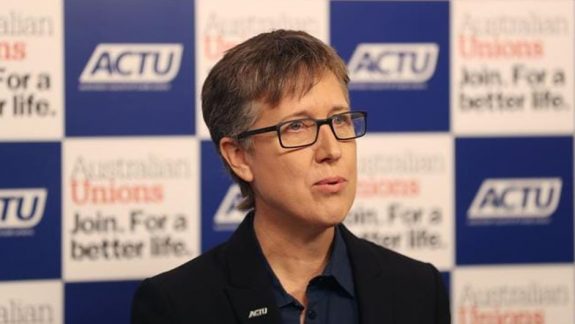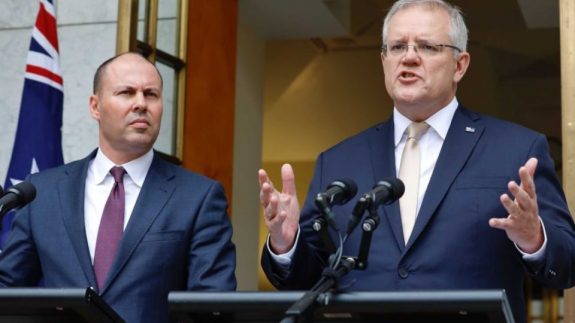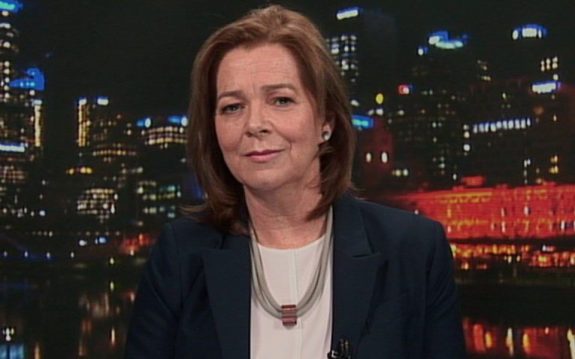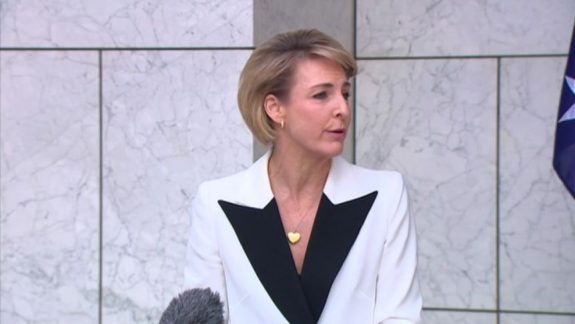Need for legislation advocated as press freedom inquiry commences
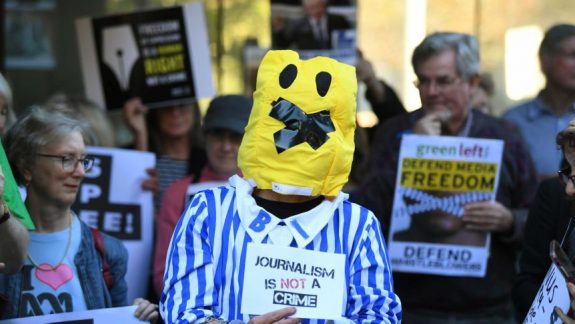
An almighty battle over press freedoms – and potentially, how that may snowball towards defining the public’s freedom of speech – is currently brewing in the federal Parliament, between pockets of Parliamentarians advocating for greater press freedoms and the body’s Intelligence Committee seeking to restrict them.
While matters have not yet reached a boiling point, the Press Freedom Inquiry hearings in the Senate this week will go a long way to dictating the directions of future press freedoms.
The open hearings, which began on Monday and remain ongoing at this writing, involve submissions and testimonials from a wide spectrum of interested parties.
Being chaired by Sarah Hanson-Young, the Greens senator from South Australia, representatives from the Australian Federal Police (AFP), the Department of the Attorney-General speaking on behalf of Christian Porter, the Department of Home Affairs and, representing the unions’ perspective, the Media, Arts and Entertainment Alliance (MEAA) would be on hand to present views and evidence.
The hearings are occurring under shadows of political suspicions and vested interests on all sides. Raids on the home of NewsCorp journalist Annika Smethurst as well as those on the ABC’s Sydney offices in recent times have sparked rumblings over what is allowable in the public interest and what sort of protections can be afforded to whistleblowers’ contributions to journalists, as a couple of examples.
However, as the case of Smethurst – who herself recently admitted that she is taking a sabbatical leave from her duties at the Sunday Telegraph and Melbourne’s Herald Sun, citing a personal toll suffered during the ordeal – was thrown out by the High Court, the case of ABC journalist Dan Oakes over the network’s “The Afghan Files” documentary report still hangs in the balance, and the decisions lying in the mercy of Porter will determine Oakes’ fate.
This is where the presumption of political bias raises its ugly head. Why would the High Court act relatively quickly on the Smethurst case – given Smethurst’s employer’s relationship with the Morrison government being allegedly as cushy as it is – while Porter’s inaction on the Oakes verdict forces the ABC, amid its contentious relationship with the same body in the past, to endure a nervous wait?
This remains a matter which certainly angers and perplexes the MEAA.
“The ABC’s journalism clearly embarrassed the Government and the Department of Defence because they had classified the war crimes allegations as ‘secret’ so it could be hidden from the public,” Marcus Strom, the MEAA’s president, said at the time when the AFP admitted that it would continue to pursue Oakes’ case – even in the face of legal inconsistencies which remain quite clear to them.
“The story needed to be told because it was clearly in the public interest. We now know, from subsequent news stories, that there are multiple allegations of war crimes under investigation. And yet it is the truth tellers who face jail time,” said Strom.
“We should never forget that the AFP used a dangerously wide-reaching search warrant when it raided the ABC. It allowed the AFP to ‘add, copy, delete or alter’ material in the ABC’s computers. Such powers in the pursuit of whistleblowers and the criminalisation of legitimate public interest journalism should have no place in our democracy,” Strom added.
Fast-forward to this week’s hearings, and nothing has changed in the potential to prosecute journalists and whistleblowers for their work in the public interest.
As the hearings opened on Monday, AFP commissioner Reece Kershaw preached for a status-quo approach, where any new procedures, if enacted via legislation of a proposed “notice to produce” framework to be introduced, would not eliminate the need for search warrants to be executed on journalists or whistleblowers.
“There still will be some instances where it is appropriate for police and law enforcement agencies to seek a search warrant in respect of a journalist or media organisation,” Kershaw told the panel.
“For example, where there is reason to believe material could be concealed or destroyed,” he explained via a broad example.
Meanwhile, both Hanson-Young and Strom entered into this inquiry united in their convictions that – while pursuing greater protections and shield laws for journalists and whistleblowers – that recommendations from the Morrison government laid out prior to the inquiry do not go far enough in order to achieve their aims to serve the public in the common good.
For starters, Strom feels that jail time remains a very real possibility for journalists and whistleblowers without any reform towards stronger shield laws, in the ages-old premise that one should be assumed innocent before proven guilty.
“Despite a year-long inquiry into the impact of security laws on the public’s right to know, journalists still face jail for legitimate news reporting in the public interest,” Strom said.
“We still have a situation where journalists are considered guilty before the law. It should be up to the government agency to prove a case, not for a free media to prove it hasn’t breached any laws,” he added.
The MEAA has also praised the inquiry’s committee for recommending support for defamation law reform, improvements to freedom of information and information flow from government sources, the improvement of public interest disclosure arrangements for public servants in addition to general improvements in press freedom and shield laws.
And in doing so, Strom has advocated greater bipartisan legislation to assure that these goals are met.
“The MEAA has never said that journalists are above the law,” added Strom, “rather that bad laws must be reformed.”
Hanson-Young also feels that journalists’ livelihoods and whistleblowers’ rights need to be protected, even via a solitary piece of legislation.
“The Parliament’s secret Intelligence and Security Committee has failed to protect journalists, democracy and the public’s right to know what the government is doing in their name,” said Hanson-Young last week heading into the final submission stages of the inquiry.
“Journalists should not be charged for doing their jobs full stop. They should not have their homes raided. They should not be intimidated or threatened. They should not be attacked by the government for reporting what is in the public interest.
“A secret process concocted by a secret committee doing the bidding of a secretive government will not protect the public’s right to know. We need a Media Freedom Act to protect public interest journalism and the rights of journalists to do their jobs without fear or favour,” Hanson-Young added.
As Hanson-Young and the Greens have been pushing for a general Bill Of Rights since 2017, that which would define press freedoms along with the general rights for all Australians, it would be expected that a Media Freedom Act could form a least-possible outcome as a legacy of this inquiry, once it has finished.
Also by William Olson:
Sneaky changes to Super not in good bargaining faith – ACTU
Not-so-Super withdrawals to leave women worse off post-pandemic
ACTU taking jobs-based plan into overdrive
Low wage growth confirmed (again) – critics say plans are needed
Like what we do at The AIMN?
You’ll like it even more knowing that your donation will help us to keep up the good fight.
Chuck in a few bucks and see just how far it goes!












